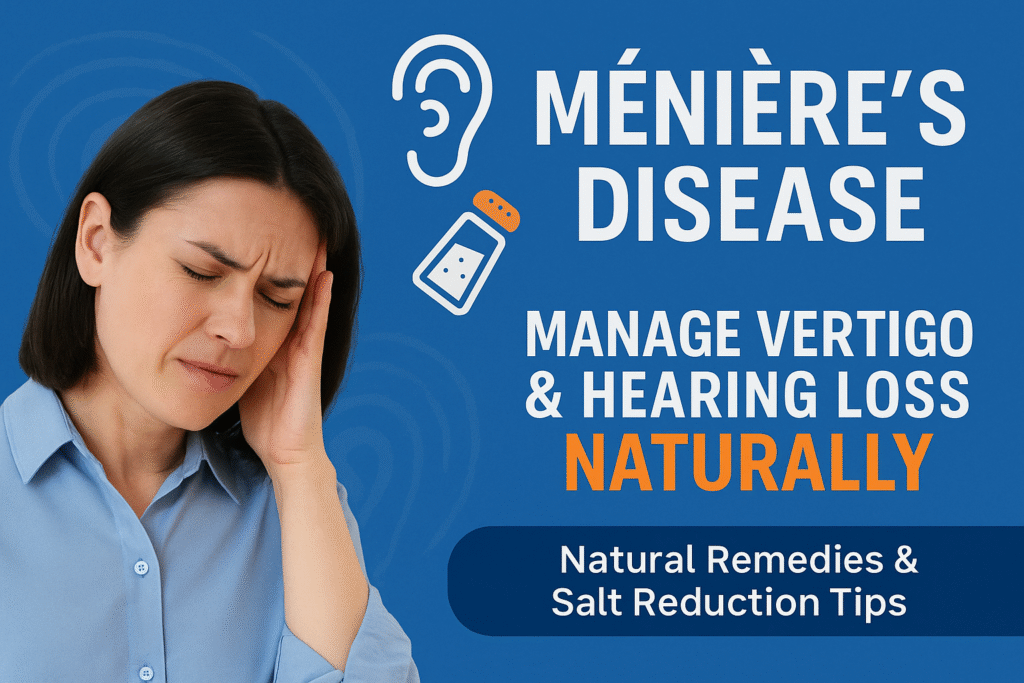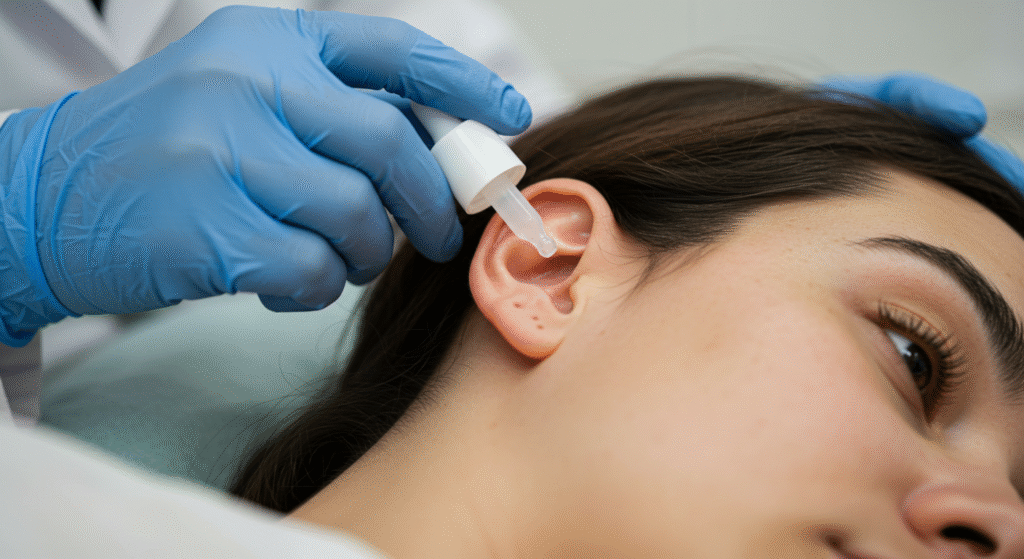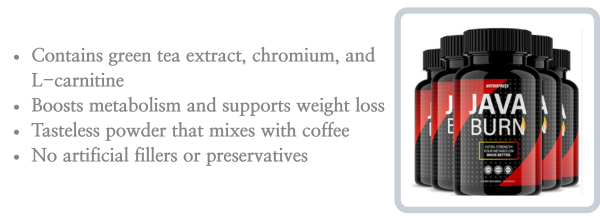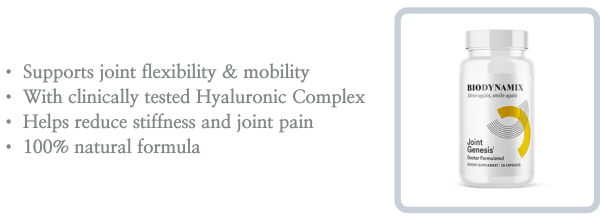
You know that weird moment when everything suddenly spins for a second? Now imagine that dragging on for hours, with your ears ringing nonstop and your hearing taking a hit. That’s pretty much what living with Meniere’s disease feels like. It messes with your inner ear, which throws off your balance and can seriously mess with daily life. It’s not super common, but when it hits, it hits hard. In this post, we’re digging into what exactly Meniere’s is, what might trigger it, and the different ways people manage the symptoms. You ever stand up too fast and get that dizzy, floating feeling? Now picture that showing up randomly, lasting for hours—and throwing in an annoying ringing in your ears and some hearing trouble just for fun. That’s a typical day for someone dealing with Meniere’s disease. Meniere’s is a chronic issue that affects the inner ear. The big symptoms? Sudden, intense vertigo (the room-spinning type), constant or intermittent ringing (yep, tinnitus), a sense of pressure in one ear, and hearing that comes and goes. Even though it’s not something tons of people deal with, those who do often find it gets in the way of everything—from going to work to just getting through normal daily stuff. So let’s get into what causes this, what it actually feels like, and how folks are managing to live with it.

You ever stand up too fast and get that dizzy, floating feeling? Now picture that showing up randomly, lasting for hours—and throwing in an annoying ringing in your ears and some hearing trouble just for fun. That’s a typical day for someone dealing with Meniere’s disease.
Meniere’s is a chronic issue that affects the inner ear. The big symptoms? Sudden, intense vertigo (the room-spinning type), constant or intermittent ringing (yep, tinnitus), a sense of pressure in one ear, and hearing that comes and goes. Even though it’s not something tons of people deal with, those who do often find it gets in the way of everything—from going to work to just getting through normal daily stuff. So let’s get into what causes this, what it actually feels like, and how folks are managing to live with it.
The one thing that really defines Meniere’s disease is that awful spinning feeling—vertigo. It can pop up without warning, spin you out for anywhere between 20 minutes and a few hours, and when it’s over? Most people feel like they’ve been hit by a truck. It’s exhausting. And if that wasn’t enough, there’s usually a repeating cast of other symptoms tagging along: buzzing or ringing in one ear (aka tinnitus), hearing that fades in and out, and this weird pressure, like your ear is full of water or something heavy.
In the moments between attacks, things can feel more or less okay—but not always. Some folks still feel a bit off-balance or dizzy even when a full episode isn’t happening. What really drives people up the wall is not knowing when the next wave’s gonna hit. Trying to plan anything becomes a gamble—running errands, commuting, even grabbing dinner with friends. That kind of unpredictability wears you down after a while.
So what actually *causes* Meniere’s? That’s still a bit of a mystery. But what researchers do know is that it’s linked to a fluid imbalance in this part of the inner ear called the labyrinth. That area’s job? Helping you hear and stay balanced. When the fluid there gets out of whack, it scrambles everything, which explains why the symptoms are all over the map.
There are a bunch of things that might mess up those fluid levels. Could be poor drainage in the ear, a rogue autoimmune reaction, viral infections, or even something you inherited from family. Certain medications might play a part, too. And honestly, sometimes it’s not just one thing—it’s a mix, which makes it tough to pinpoint. People who’ve had a head injury or a nasty virus recently might be extra vulnerable. So yeah, the “why” behind it isn’t always straightforward.

Dealing with Meniere’s can be straight-up exhausting. But the good news? There are ways to handle it that make daily life a whole lot more manageable. Most people start with meds—something for the vertigo itself, plus something to help with the nausea it brings. Doctors often prescribe anti-nausea meds, diuretics to help flush out excess fluid, and sometimes even medication for anxiety, since the stress of unpredictability can spiral fast.
Changing daily habits makes a big difference too. Cutting back on salt can actually help reduce fluid buildup in the ear, and avoiding caffeine, alcohol, and smoking has also helped a bunch of people see fewer attacks. Honestly, it surprised me how much those little tweaks could matter.
When symptoms get really intense and meds aren’t cutting it, there are more advanced options. Some involve injecting medicine into the ear, and in rare cases, surgery. One person I talked to swore by vestibular rehab therapy—it’s this set of simple-but-specialized exercises that help rewire your brain’s response to balance issues. It can sound kinda out there, but for them, it made a world of difference.
Whatever the path, there’s no one-size-fits-all fix. It really comes down to finding what actually works for your body and leaning on healthcare providers to help figure that out with you.
Sources
-
Mayo Clinic: Symptoms and Causes of Meniere’s Disease
-
NIDCD: What is Ménière’s Disease? Diagnosis & Treatment
-
Cleveland Clinic: Understanding Meniere’s—Symptoms, Diagnosis & Treatment
Today’s related searches: menieres disease treatment options, how to manage menieres disease, menieres disease symptoms causes, vertigo relief for menieres, living with menieres disease, menieres disease dietary changes, natural remedies for menieres, menieres disease hearing loss, reduce salt for menieres, exercises for menieres disease
Each offers exceptional value and is designed to support your health in meaningful ways





Wishing you a speedy recovery.